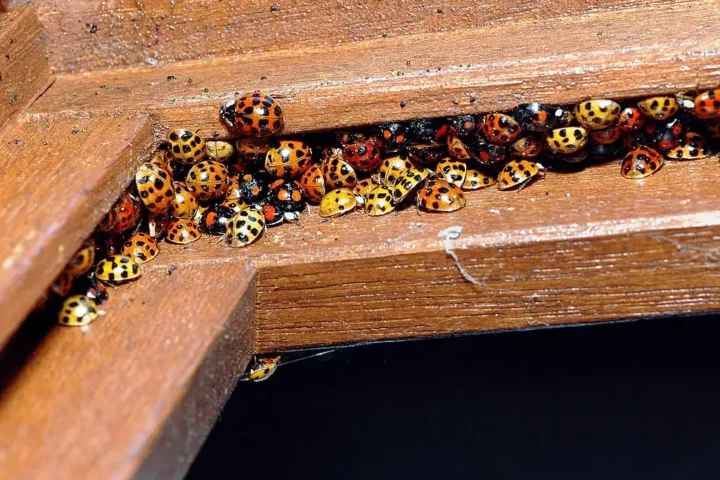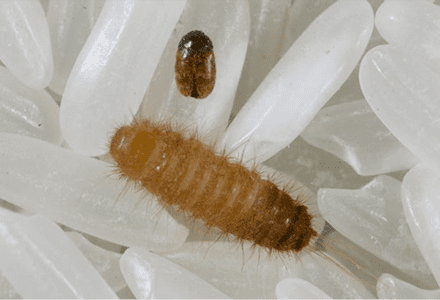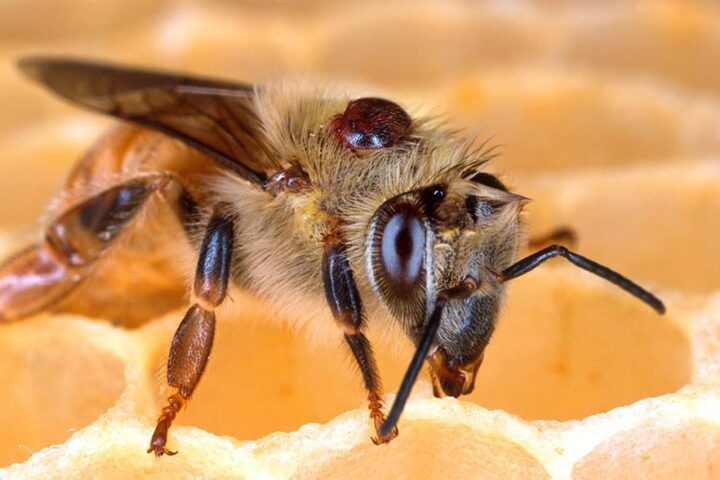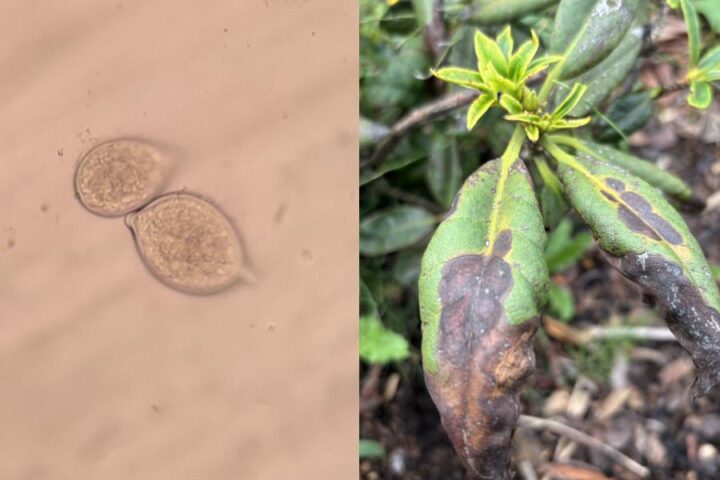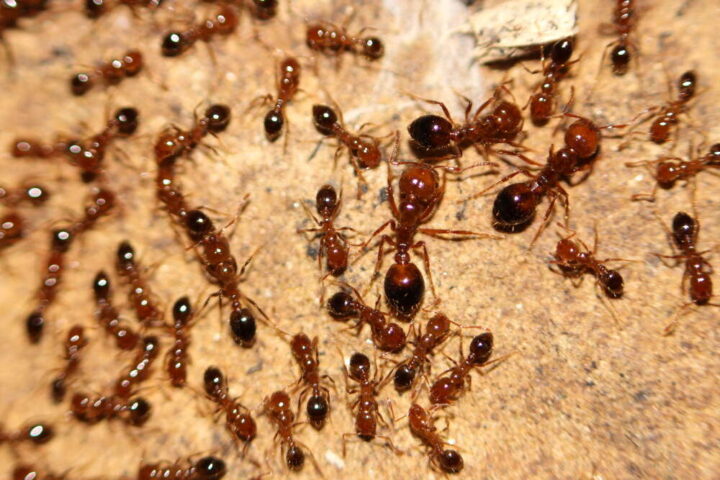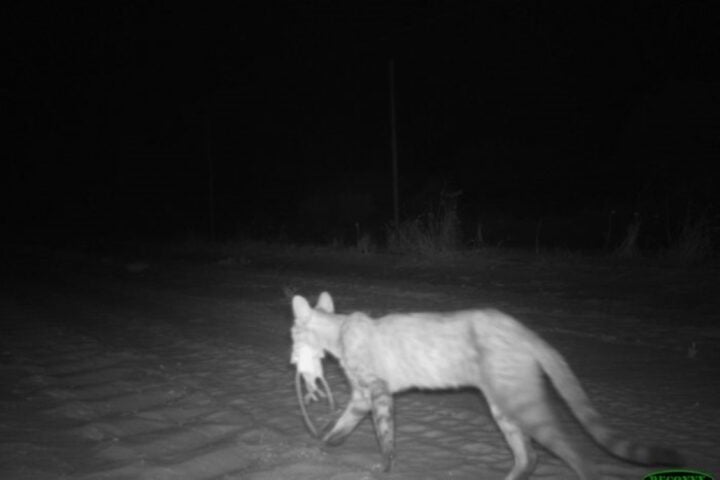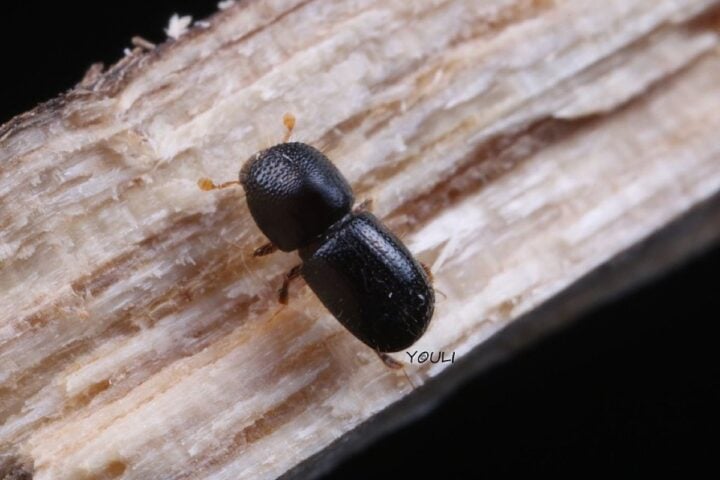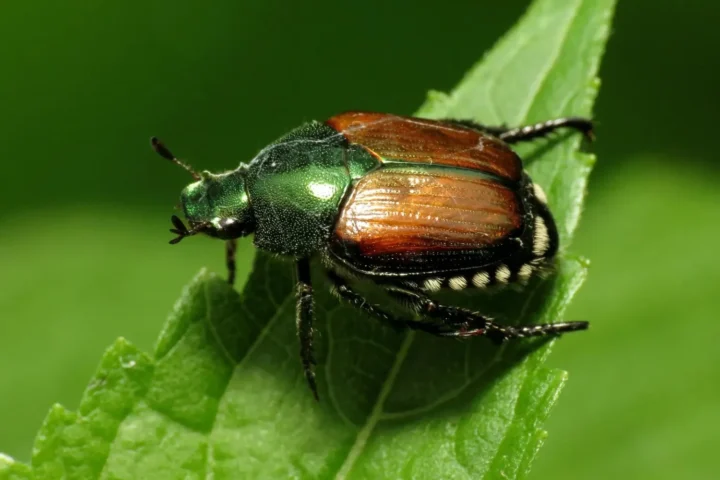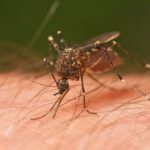In the tranquil landscapes of Missaukee County, Michigan, an unseen adversary is silently laying siege to the balsam fir trees. The culprit, a tiny invasive insect known as the balsam woolly adelgid, has been detected for the second time in the state, raising alarm bells for Michigan’s flourishing Christmas tree industry.
Michigan, renowned as the third-largest Christmas tree-producing state, annually cultivates nearly 13.5 million fir trees. These trees, integral to the state’s ecosystem and economy, now face a significant threat. The balsam woolly adelgid, a sap-feeding insect, has a penchant for attacking “true fir trees,” including balsam, Fraser, and concolor (white) fir, leading to weakened trees, twig gouting, branch death, and over time, tree decline or demise.
The Michigan Department of Agriculture and Rural Development (MDARD) has been vigilant, confirming the presence of this invasive pest at a residential property in Missaukee County. The detection was initially made by a consulting forester, emphasizing the critical role of early detection in managing such infestations. The extent of the infestation is currently under survey by MDARD and partner agencies, aiming to curtail the spread and impact of this diminutive yet destructive insect.
The balsam woolly adelgid, measuring a mere one to two millimeters, manifests its presence through small, white, cottony tufts on the lower trunk of the tree, particularly during spring and summer. Other symptoms include swelling and distortion of twigs, branches turning brick-red and dying, and tree crowns becoming narrow and misshapen.
Similar Posts
The origins of the balsam woolly adelgid in Michigan remain unclear, with the first detection reported in 2021 near Rockford in Kent County. Since then, efforts have been underway to ensure successful eradication, with ongoing surveys and treatments at identified sites. The insect’s arrival has prompted MDARD to implement a quarantine, regulating the movement of potentially infested nursery stock into Michigan from infested areas in North America.
This invasive insect poses a substantial threat to the nearly 1.9 billion balsam fir trees populating Michigan’s forests. The state’s residents and commercial growers are urged to remain vigilant, regularly check for signs of infestation, and report any sightings to the Midwest Invasive Species Information Network.
The looming Christmas tree season brings with it a heightened sense of urgency to address this issue. The potential shortage of real Christmas trees due to the adelgid’s impact underscores the need for community awareness and proactive measures. Residents are encouraged to take photos, note locations of infested trees, and report them promptly.
In conclusion, the balsam woolly adelgid, while small in stature, presents a formidable challenge to Michigan’s fir trees and the Christmas tree industry. Through collective vigilance, early detection, and responsive action, the state aims to mitigate the impact of this invasive pest and preserve its rich forestry heritage.



